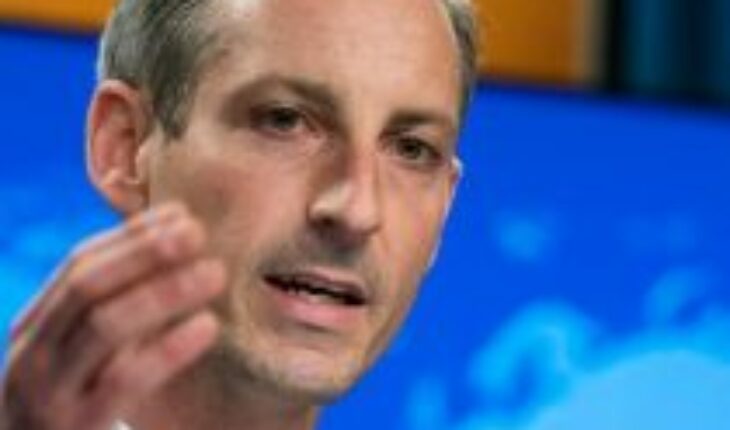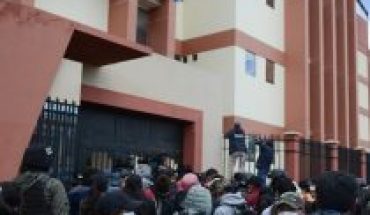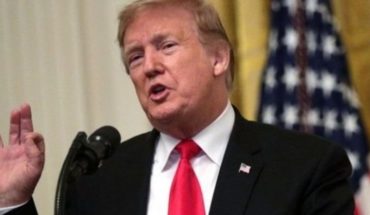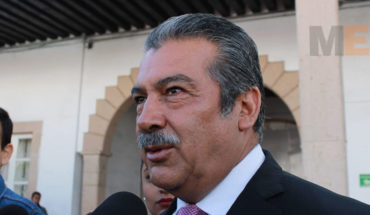The United States still does not consider Nicolás Maduro as the legitimate president of Venezuela, said the State Department, which continues to recognize the opposition National Assembly of 2015, which recently dissolved the “interim government” of Juan Guaidó.
“Our approach to Nicolas Maduro has not changed. He is not the legitimate leader of Venezuela. We recognize the 2015 National Assembly,” State Department spokesman Ned Price told reporters.
The United States does not recognize Maduro as president because it considers his re-election in 2018 fraudulent and since then supported opposition leader Juan Guaidó, who proclaimed himself “president in charge” on January 5, 2019.
International support that has waned
Since then, Guaidó has gained control of Venezuelan assets blocked abroad, but was never able to assume real power despite broad international support that has waned over time.
Last week it received one last blow: the opposition itself decided to end the interim government as of January 5.
A turn that has not changed Washington’s position, despite the fact that in recent times it held negotiations with the Maduro government for the exchange of prisoners, and in the midst of the oil crisis unleashed by the sanctions imposed on Russia for having invaded Ukraine.
Relations based on “democratic aspirations”
“We will continue to enforce our sanctions program against the Maduro regime,” Price said, clarifying that it will be assessed “based on what they see from the Maduro regime in terms of promoting the possibility for the Venezuelan people to achieve their democratic aspirations.”
In this sense, Price described as positive the negotiations resumed in Mexico between the Maduro government and the opposition.
International support for Guaidó was accompanied by sanctions against Venezuela as a mechanism of pressure against the socialist ruler, who estimates that some 24,000 million dollars of the Venezuelan state are blocked abroad.
“Members of the National Assembly are discussing among themselves how they will oversee these assets overseas and we will continue to hold discussions with them on that front,” Price said.
Venezuela’s Last Democratic Institution
The spokesman claimed that Guaidó “remains a member of the 2015 National Assembly,” which “is the last democratically elected institution in the country.”
“We will coordinate and continue to coordinate with him as a member of the 2015 National Assembly and with other like-minded democratic actors in Venezuela to support the Venezuelan people and their aspirations for democracy, rule of law and prosperity,” he said.
The United States will continue to “work with the international community to help address the Venezuelan crisis and move toward free and fair elections in Venezuela in accordance with the wishes and desires of the Venezuelan people” who “need a clear timeline” for holding elections, he added.
Follow us on





